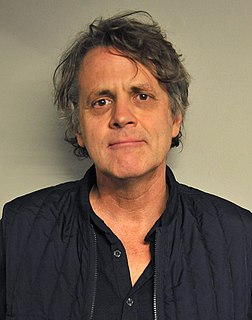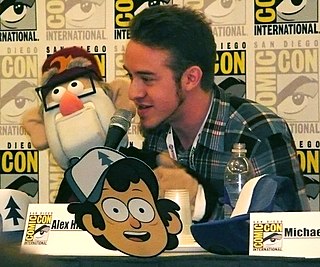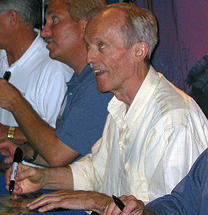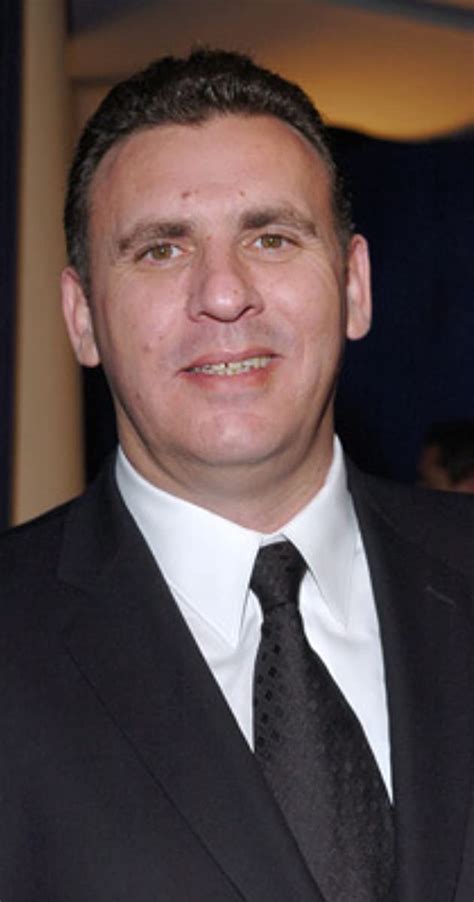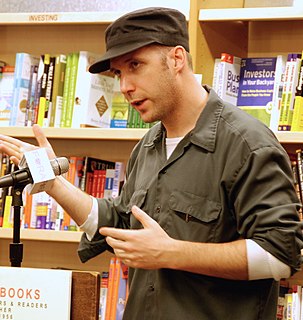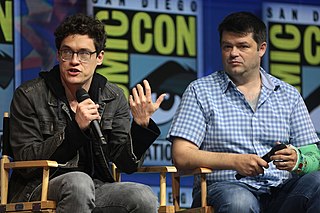A Quote by Chris Wedge
I'm surrounded by a lot of live-action movie professionals, and I'm just taking their lead, as far as what to schedule to do next. I'm guessing the challenge is going to be not having two characters together, and shooting the live-action without having the animation. In animation, you get to get in between every frame and you work it all out together.
Related Quotes
I do have more directorial control over animation, because it's like trial and error: If something doesn't work, you can always go back and change certain things. Whereas in live action, every day is a challenge, and you have to make decisions on an hourly basis. So in live action I have more freedom as a director, but in animation, I have more control over the final product.
It [moviemaking] is about entertaining audiences with great characters and great stories, you want to make people laugh, you want to make people cry, you want to have great music that is memorable. You want a movie that, as soon as it's over, you want to watch it again, just like that. That's what it is, whether it's live-action, animation, hand drawn, computer, special effects, puppet animation, it doesn't matter. That's the goal of a filmmaker.
Even when I'm writing animation, I think of them as real people. I think of them as completely three-dimensional beings, even if it's a talking teapot. I don't think of them as one-dimensional drawn characters running around. Maybe that's why, to me, there's really no difference in writing the two - animation versus live action.
